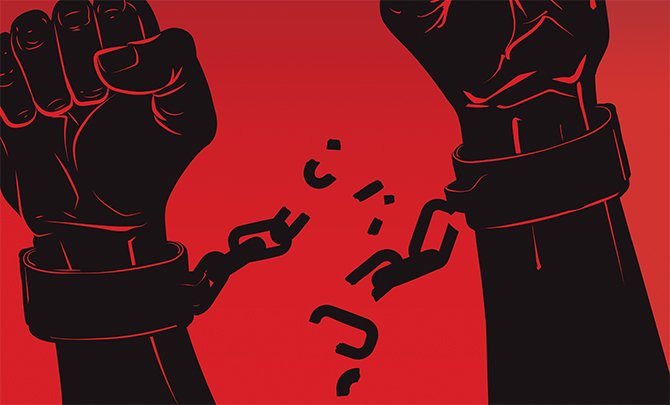A good question: How should Churches respond to the legacies of slavery? - Reform Magazine
One question, four answers
Richard Reddie
‘Churches must repair the damage’
The recent visits of the Duke and Duchess of Cambridge, and Earl and Countess of Wessex to the Caribbean to mark Her Majesty the Queen’s 70-year reign, were largely overshadowed by talk of republicanism, and reparations for the enslavement of Africans. Any student of that enslavement will know that a triumvirate involving the British state, the Royal Family and the Church were at the heart of this nefarious enterprise…
Richard Reddie is the Director of Churches Together in Britain and Ireland
___
Peter Cruchley
‘We are called to world-changing work’
White European churches were instrumental in creating and perpetuating the systems of enslavement, racism and supremacism that came to dominate 19th and 20th century life. This unleashed forces and profited privileges which shape life until now, revealed to us in all the inequities of today, where people of colour are disproportionately represented.
Churches lodged all this in liturgy, lauded it in theological education, taught it in Sunday schools, enacted it in mission and evangelism and profited from it in the economy, education and employment, crowning it with a white Jesus and a vision of the world best mediated by white powers…
Peter Cruchley is Mission Secretary: Mission Development at the Council for World Mission
___
Simon Copley
‘Listen to all affected’
Issues are complex so we must continue to listen carefully to all affected. Why is something long abolished continuing to resonate? What actually links past to present? What factors intrude in the interim? Congregations might be proactive in encouraging people to explore their stories.
Is time dislocation an issue? Original victims and perpetrators are long departed but pain lingers. We must root our responses in something eternal yet which impacts all times and lives – the healing and reconciling power of the cross…
Simon Copley is a minister serving in the Sheffield Team Ministry and in West Melton
___
Karen Campbell
‘Seriously’
Seriously. Sensibly. With consideration and compassion.
For me, the ongoing legacies of transatlantic slavery are very clear. I am black, of Jamaican parentage, African descent, with a Scottish surname. I was born and raised in the UK – yet something has always told me I don’t quite belong. I have weathered outright racism – ‘Go back to where you came from!’ (Where is that if not ‘here’?) Yet that blatant racism is less insidious than the day-in, day-out undercurrents reiterating that ‘people like me’ are not quite up to the mark – because the mark is whiteness; messages which say that black people need to be twice as good as our white counterparts to be equal – setting us up for failure before we even start. Of course, there are inequalities and barriers faced by people of all ethnicities – but any and all are compounded when your skin is black.
Karen Campbell is United Reformed Church Secretary for Global and Intercultural Ministries
___
This is an extract from an article published in the June 2022 edition of Reform


















Submit a Comment